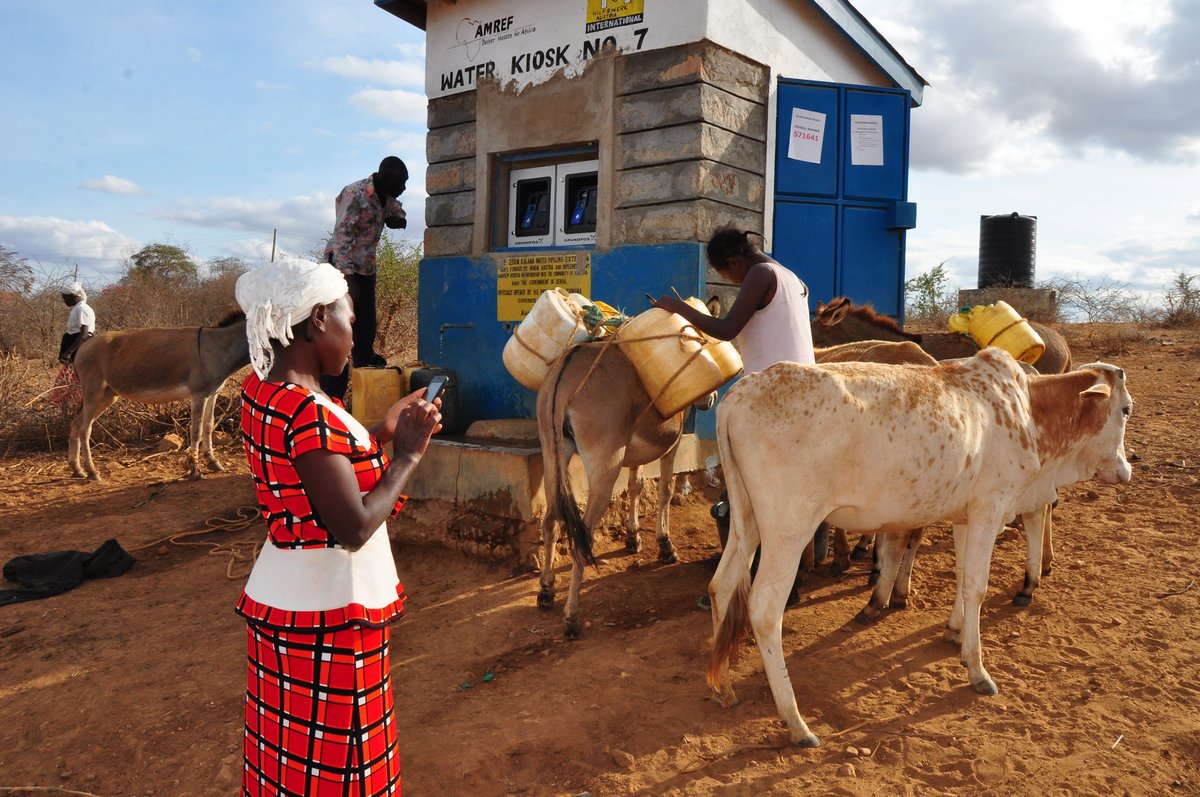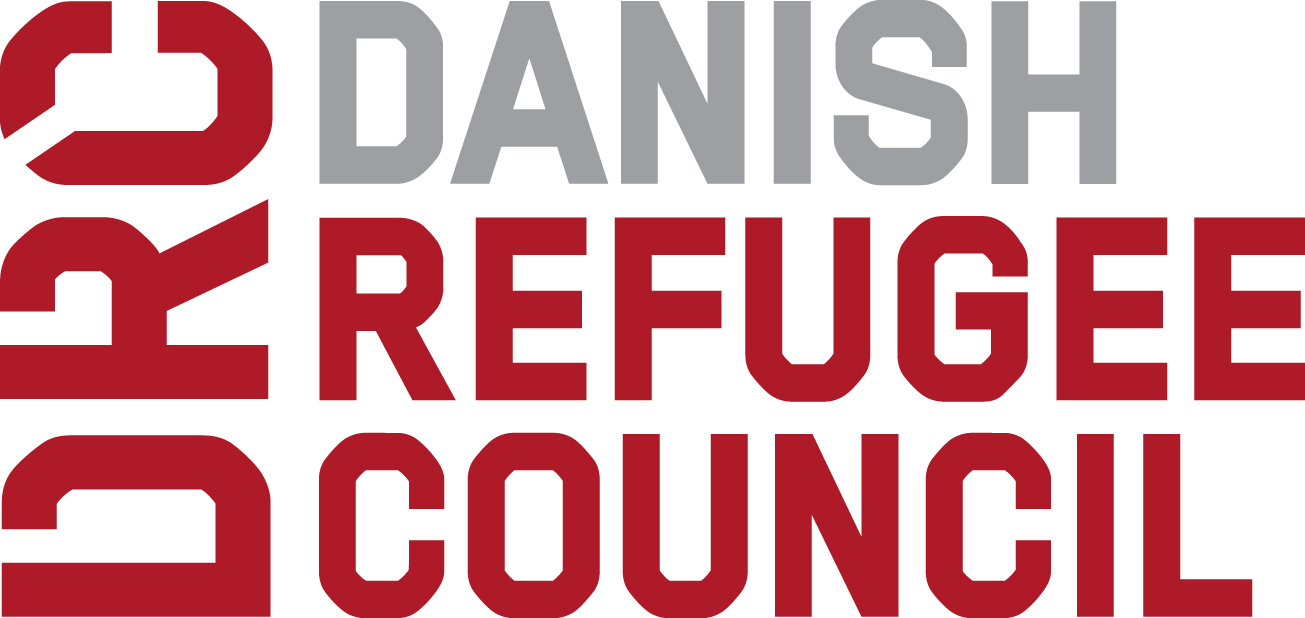Business-Humanitarian Partnership Lab

About
The partnership will develop a multi-year business model for solar-powered water kiosks for refugee settlements and surrounding hosting communities in Uganda.
Investing in Impact
P4G invested $100,000 in this partnership.
The partnership has proven the case for large scale water systems offering economically and environmentally viable solutions for refugee settlements and beyond.
The partnership installed two large-scale motorized solar water systems in refugee settlements in the West Nile. In the Imvepi settlement, the system includes a 6 kilometer network of pipes feeding 22 taps. It serves 9,500 people per day and has the potential to serve up to 20,000. Water trucking has reduced by more than 200,000 liters a day providing a daily cost savings of US $1,015. The system reduced the amount of time people had to stand in line to access water and cut in half the distance they have to travel to access water.
The partnership also piloted a “water ATM” model that allowed for cashless water payments, the fees for which would be funneled back into vendor payments and system maintenance. The results from the pilot and the onset of COVID-19 and resulting loss of income for many, showed that system to be a good option for some communities but not a universally viable solution. While still a relevant model to pursue, it will take primary initiative from governments to test and socialize this payment model to make it successful.
P4G provided the partnership with strategic support through its lifecycle and the catalytic funding provided by P4G allowed the partnership to test and prove its model. P4G generated interest in the partnership among key stakeholders by giving it the opportunity to present its business case at the P4G Business Network and Advisory Panel in 2019. It provided the partnership with ongoing knowledge sharing and acceleration opportunities through regular Partnership Family and Community of Learning gatherings.



